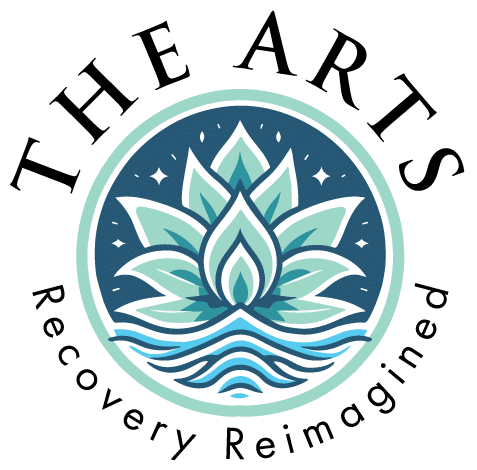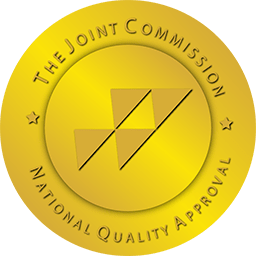When it comes to addiction treatment, the expertise of the facility is crucial in recognizing the connection between health issues and substance abuse problems. The term “dual diagnosis” refers to the coexistence of these two conditions simultaneously. Dual-diagnosis addiction care, provided by experienced professionals, has emerged as a choice for those facing both health struggles and substance dependencies because each issue can worsen the other. This piece will explore what dual diagnosis treatment involves, the benefits of dual diagnosis treatment and what it provides, and suggestions for locating a facility to tackle these interconnected obstacles.
What Does Dual Diagnosis Addiction Treatment Entail?
Having a dual diagnosis means experiencing both a health issue and a substance use problem at the same time. Also known as coexisting conditions or comorbidity, in medical terms, mental health problems like anxiety disorders or depression often go hand-in-hand with addiction issues such as drug dependence or alcoholism in individuals facing dual diagnosis scenarios. In the treatment of dual diagnosis cases, individuals receive care that addresses both their mental health condition and substance use disorder concurrently using an integrated approach to meet all of their needs.
An integrated treatment method for dual diagnoses integrates therapies to tackle the intricate relationship between mental health and substance abuse to disrupt harmful cycles and promote overall healing and wellness holistically. Thorough treatment plans, which are comprehensive and tailored to individual needs, typically include talk therapy sessions, medication supervision, group counseling, behavioral interventions, and alternative healing methods that cater to short-term and long-term recovery goals.
Benefits of Dual Diagnosis Treatment for Addiction
Tackles The Reasons Behind Addiction
Treatment facilities for dual diagnosis aim to address both the mental health issue and the addiction problem by uncovering any psychological factors that may be fueling substance abuse behaviors. For instance, an individual grappling with anxiety might have resorted to alcohol as a way to manage their symptoms; through therapy or medication targeted at addressing the anxiety itself, the reliance on alcohol as a coping strategy is lessened. This holistic method enables individuals to confront the root causes of their addiction, which in turn supports lasting recovery and decreases the chances of a relapse occurring.
Reduces The Likelihood Of A Relapse
People experiencing coexisting conditions are at increased risk of relapse if one condition is addressed since unmanaged mental health issues could lead them back to substance misuse. Dual diagnosis programs utilize proven therapies to prevent relapse by incorporating treatments like Cognitive Behavioral Therapy (CBT), which targets thought processes, and Dialectical Behavior Therapy (DBT), which focuses on control. Empowering individuals with tools to handle their mental health effectively through dual diagnosis treatment reduces the chances of relapse and promotes sustained recovery.
Enhances Quality Of Life
Treatment for co-occurring disorders doesn’t just focus on tackling substance abuse issues upfront but also aims to enhance the overall quality of life by imparting vital life skills and fostering positive behaviors while building emotional strength. In therapy sessions and with support systems in place, people grasp coping mechanisms for stress management and emotional regulation alongside cultivating connections. Dual diagnosis treatment frequently integrates coaching on life skills support in career development and counseling for family members—all geared towards fostering and enriching a balanced post-recovery lifestyle.
Improves The Management Of Medications
Managing medications effectively is essential; in cases involving diagnoses like depression or bipolar disorder, treatment centers focus on tailoring medication plans to minimize side effects and ensure effectiveness with close monitoring by trained professionals to prevent drug interactions or misuse.
Promotes The Development Of Support Systems
Treatment for individuals with dual diagnosis emphasizes the value of support in aiding those in recovery from mental illness and addiction simultaneously. Many programs designed for dual-diagnosis patients incorporate group therapy sessions to facilitate connections with others who share struggles. This support network cultivates a feeling of unity and comprehension that can empower and motivate the recovery process. Moreover, family therapy sessions and educational workshops are provided to loved ones with the intricacies of dual diagnosis, fostering empathy and strengthening familial ties crucial in supporting recovery.
Encourages Holistic Health
Numerous centers specializing in treating diagnoses adopt a method of care by providing support for physical health and emotional and spiritual well-being. What sets these centers apart is their inclusion of activities like yoga, mindfulness exercises, and art therapy in treatment programs to foster wellness. These practices aim to promote a balanced lifestyle for those with co-existing disorders. By learning coping strategies, people can effectively manage stressors without resorting to substance use.
The Arts IOP Offers Dual Diagnosis Treatment Programs
If you or someone close to you is facing challenges with both mental health issues and substance use disorder simultaneously and need help finding a way towards lasting recovery, consider looking into a treatment center that offers dual diagnosis programs like the ARTS IOP (Addiction Recovery Treatment Services Intensive Outpatient Program). We provide tailored and comprehensive treatment plans to tackle both health concerns and addiction problems in an outpatient environment.
ARTS IOP’s team of experts is devoted to comprehending and addressing each person’s requirements using proven therapies, holistic assistance, and medication management strategies. Our initiatives are designed to nurture strength and self-exploration while promoting recovery in a setting for individuals seeking to escape the pattern of disorders and reclaim command over their lives. ARTS IOP provides the resources, knowledge, and empathetic support for enduring rehabilitation.
Contact ARTS IOP now to start your path to wellness with the appropriate assistance.





